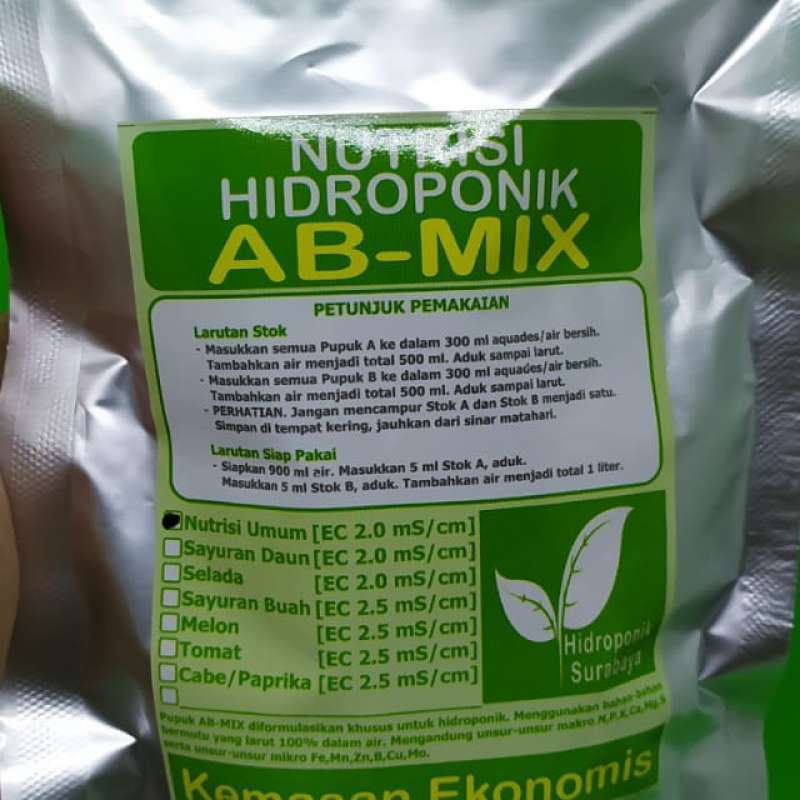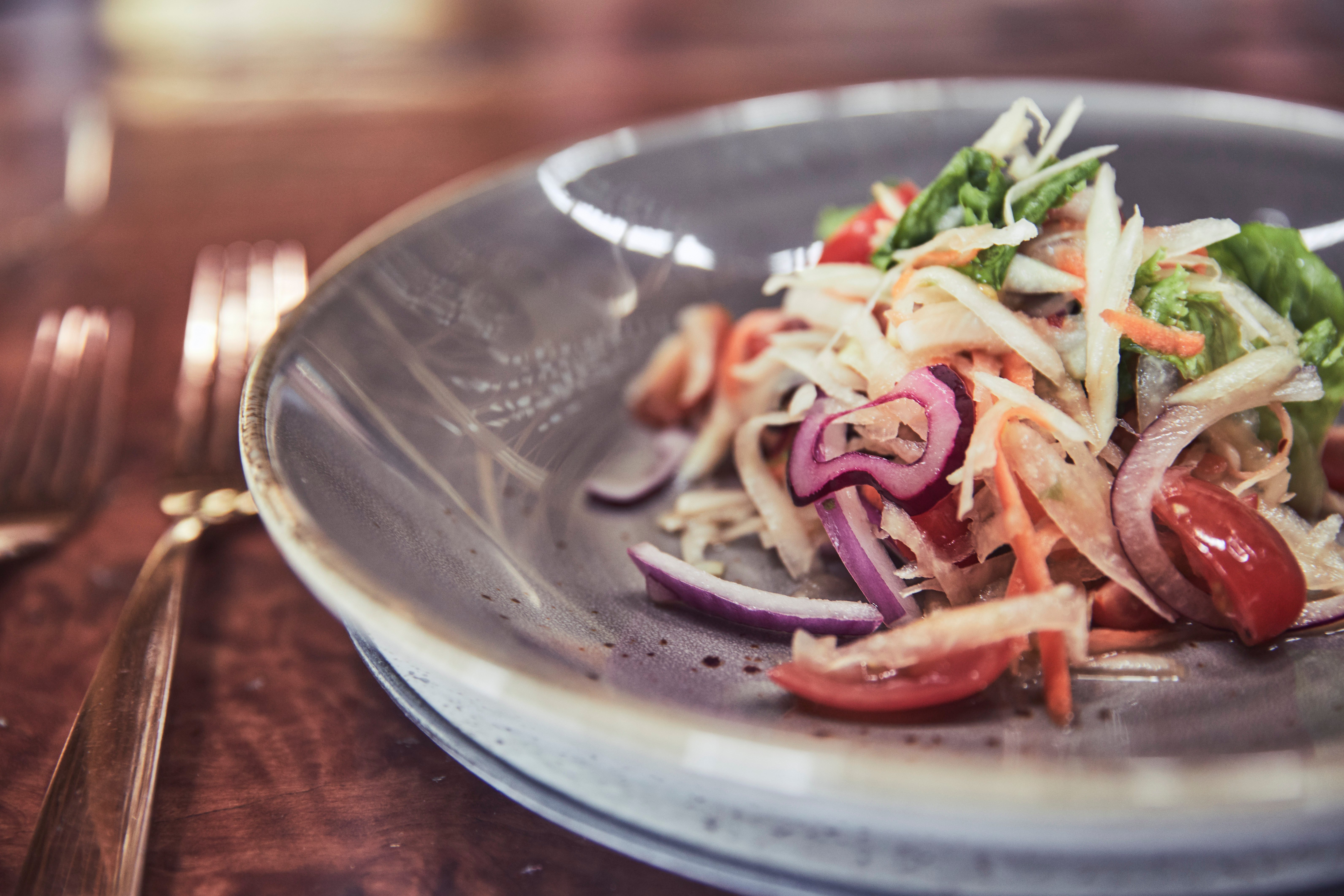An all-inclusive experience, redefined…At Bawah Reserve in Indonesia’s pristine Anambas...
Begin your day at Bawah Reserve with your choice from our Juice Butler service: fresh...
If you’ve noticed the beautifully patterned fabrics in your villa, you’ve already...
Ready to make a splash?For guests who are both swimming-fit and up for a challenge,...
Welcome to the thermal contrast therapy facility at Aura Sanctuary at Bawah Reserve,...
Planning your dream private island holiday in Indonesia? Here at Bawah Reserve, we...
3 ways to repost or use our Instagram Reels
We love that you want to share a little...
2024 wellness trends were exciting for sure, but it keeps getting better! The top...
A new subtle yet powerful trend - that of being “demure” and “mindful” - has been...
When we think of bees, honeybees often come to mind. However, at Bawah Reserve, a...
In the heart of Southeast Asia lies a hidden gem that promises a retreat into nature,...
It’s safe to say that if you ask someone to name a tropical island destination, they will...
As we step into 2024, the world of well-being is teeming with transformative trends that...
2 years ago for Earth Day 2022, we created 10 sincere pledges for investing in the planet...
Starting to plan your dream wedding? Some couples have a clear idea of their perfect...
We are often asked about the best time of year to schedule a trip to Bawah Reserve.Which...
Our faraway paradise is well worth the journey and there are many ways to get to Bawah,...
Did you know you can grow plants without soil? Hydroponics is an awesome way to grow vegetables! Hydroponics has proven to be a fast, high-yielding method that gardeners and farmers can use all year round. That’s why, in addition to our thriving permaculture garden here at Bawah, we have recently introduced our own hydroponics system – and the results are amazing! We are also trialling aquaponics, which is a clever combination of aquaculture and hydroponics.
First things first:
Hydroponics is growing plants without soil, using nutrients in water.
Wikipedia
Aquaculture is the breeding, rearing, and harvesting of fish, shellfish, plants, algae, and other
organisms in all types of water environments. National Ocean Service
Aquaponics is a food production system that couples aquaculture with hydroponics. The
nutrient-rich aquaculture water is fed to hydroponically grown plants, where nitrifying bacteria
convert ammonia into nitrates. Wikipedia
Hydroponics is a tightly controlled way of growing plants and crops. Nutrient-enriched water
takes the place of soil, and the pH levels and temperatures are closely regulated. The roots of the
plant sit directly in the water, so they can easily absorb the nutrients that have been added to the
water. Plenty of light is required.
Aquaponics uses hydroponics and aquaculture in a symbiotic combination, in which the
hydroponically grown plants are fed the waste from the farmed fish. In return, the vegetables
clean the water which then goes back to the fish tank. In this way, the fish waste is recycled and the
water is recirculated in a water-saving, closed system that closely mimics a natural ecosystem.
Permaculture Research Institute
Absolutely! Check out Epic Gardening’s tips on outdoor hydroponics.
Bawah has a purpose-built hydroponics greenhouse designed to ensure better protection from insects and disease, to manage the amount of direct sunlight, and to prevent rainwater from diluting the pH of the water. All these factors affect plant growth.
That depends on various factors, including the soil quality. With our islands’ challenging terroire, hydroponics is definitely a faster-growing method than soil would be, because it supplies plentiful nourishment directly to the roots of the plant.

To be complete, hydroponic nutrition needs to include all the essential elements for plant growth:
nitrogen, potassium, phosphorus, calcium, magnesium, sulphur, iron, manganese, copper, zinc,
molybdenum, boron and chlorine. We use AB-mix, a pre-mixed fertiliser that contains all these
elements.
Yes, hydroponics is perfect for smaller outdoor areas. Here is a great guide to small-scale hydroponics – and all you will need is plants, a container, water, a way to anchor the plants, nutrients, and a light source. Easy!
 A tower garden is another amazing space-saver. Also known as aeroponics, a tower garden is a
A tower garden is another amazing space-saver. Also known as aeroponics, a tower garden is a
sort of vertical garden. They don’t come cheap, however, and many people have asked: is a
tower garden worth it? Yes, it is a great investment. Not only is it fairly fool-proof to implement, but
it’s also so prolific that you won’t know what to do with all the herbs and leafy greens.
Our Bawah hydroponics system has now been in place for a year, and we are delighted with the
results. We’re currently growing mostly leafy greens like bok choi and lettuce – and both their
quality and the speed of their growth are outstanding.
So far, we have been growing mostly white mustard in our aquaponic greenhouse. We have
been feeding our fish leftover food from the canteens and kitchens; but now we are looking for a
better source of nutrition for them, which will in turn increase the nutrient density of their
excrement. It’s a work in progress!
Why not discover our permaculture gardens, hydroponic system and aquaponic projects for yourself when next you visit Bawah Reserve? On an eye-opening guided walking tour, you can learn about our recycling programmes and pioneering farming practices, which allow us to grow the freshest and most delicious organic produce possible, that goes straight onto the daily menu!

Fancy a trip to Bawah Reserve? Click below to get started.
An all-inclusive experience, redefined…At Bawah Reserve in Indonesia’s pristine Anambas...
Begin your day at Bawah Reserve with your choice from our Juice Butler service: fresh...
If you’ve noticed the beautifully patterned fabrics in your villa, you’ve already...
Ready to make a splash?For guests who are both swimming-fit and up for a challenge,...
Welcome to the thermal contrast therapy facility at Aura Sanctuary at Bawah Reserve,...
Planning your dream private island holiday in Indonesia? Here at Bawah Reserve, we...
3 ways to repost or use our Instagram Reels
We love that you want to share a little...
2024 wellness trends were exciting for sure, but it keeps getting better! The top...
A new subtle yet powerful trend - that of being “demure” and “mindful” - has been...
When we think of bees, honeybees often come to mind. However, at Bawah Reserve, a...
In the heart of Southeast Asia lies a hidden gem that promises a retreat into nature,...
It’s safe to say that if you ask someone to name a tropical island destination, they will...
As we step into 2024, the world of well-being is teeming with transformative trends that...
2 years ago for Earth Day 2022, we created 10 sincere pledges for investing in the planet...
Starting to plan your dream wedding? Some couples have a clear idea of their perfect...
We are often asked about the best time of year to schedule a trip to Bawah Reserve.Which...
Our faraway paradise is well worth the journey and there are many ways to get to Bawah,...
© Bawah Reserve 2024. Anambas. Riau Islands. Indonesia
leave a comment